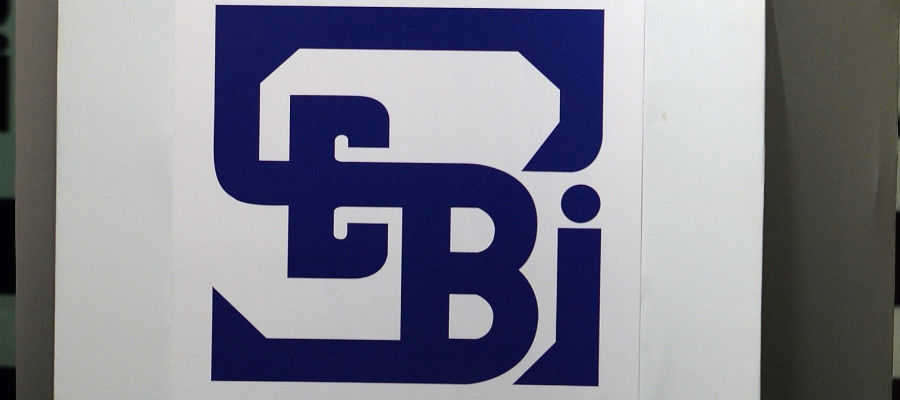The Central Information Commission, in its order dated November 6, 2012, has directed the Securities and Exchange Board of India to disclose the names of entities which were allegedly involved in the insider trading of shares of Reliance Petroleum in 2007.
The order was passed on an application filed by investor rights activist Arun Agrawal. He had also sought information regarding the consent order cases filed by the Reliance Industries Ltd and other entities for offence under Prohibition of Fraudulent and Unfair Practices Regulations. (Read: “Omita Paul, SEBI, and RIL’s 2000 crore stock market scam” to know more about this episode)
“After carefully considering the facts of the case and the submissions made before us, we are inclined to agree to the demand of the Appellant that the disclosure of this information would serve a larger public interest. If as a regulator, the SEBI took cognizance of allegations of any breach of law, rules or regulations by one or more entities for unlawful private gain, the information generated in the process of its investigation needs to be disclosed in the public domain. Such disclosure would keep the general public informed and educated about the risks they may confront in making investments in the market. It would also prevent many entities from adopting shortcuts to make profit through unlawful means,” Chief Information Commissioner Satyananda Mishra stated in his order.
The order further stated that the CPIO has invoked the provisions of subsection 1(d) and (h) of section 8 of the RTI Act in denying the above information.
“Subsection 1(d) clearly provides that even information in the nature of commercial confidence or trade secret or intellectual property could be disclosed if the larger public interest warrants the disclosure of such information. Subsection 1(h) is not simply attracted in the case because the investigation is already over. Therefore, we are of the view that these two items of information should be disclosed (a) in public interest and (b) not being covered by any exemption provision. We direct the CPIO to provide the first two items of information to the Appellant within 10 working days of receiving this order,” the CIC order stated.

